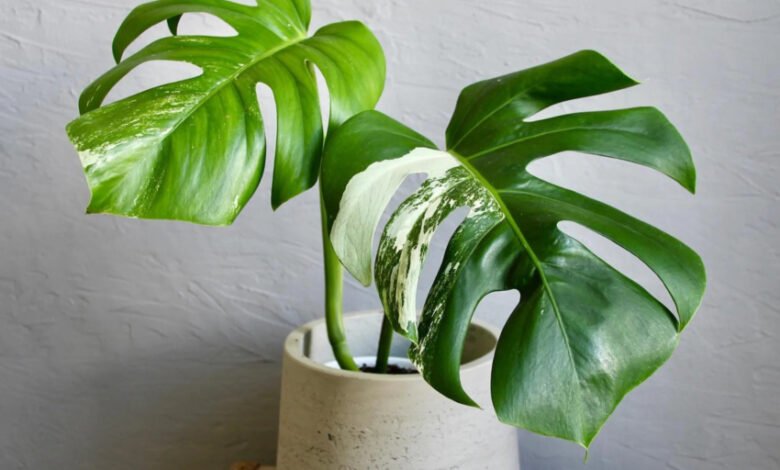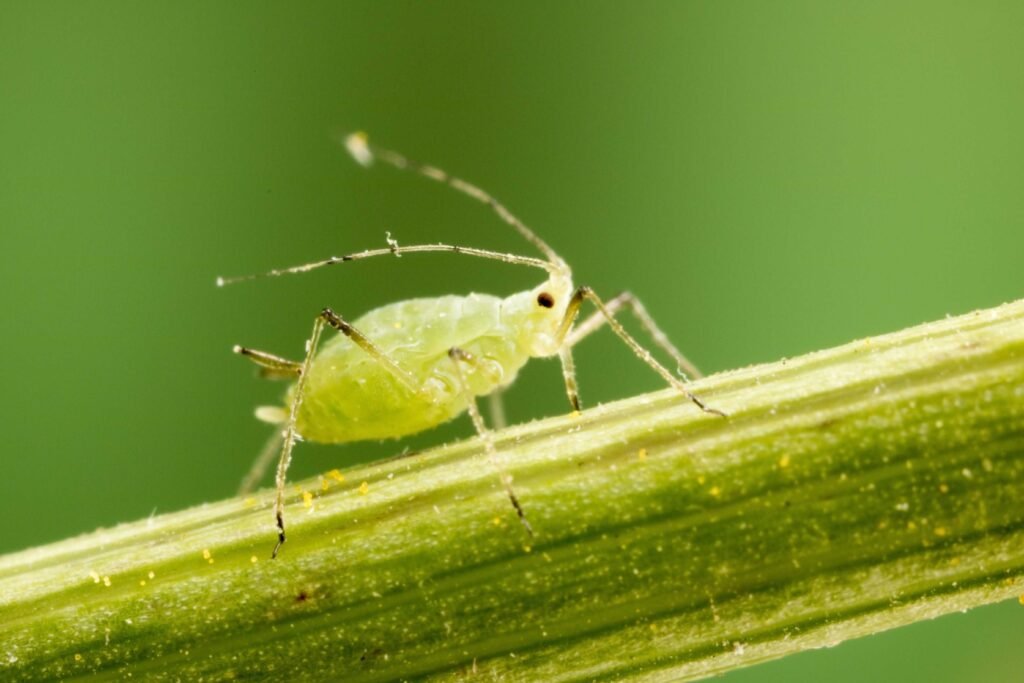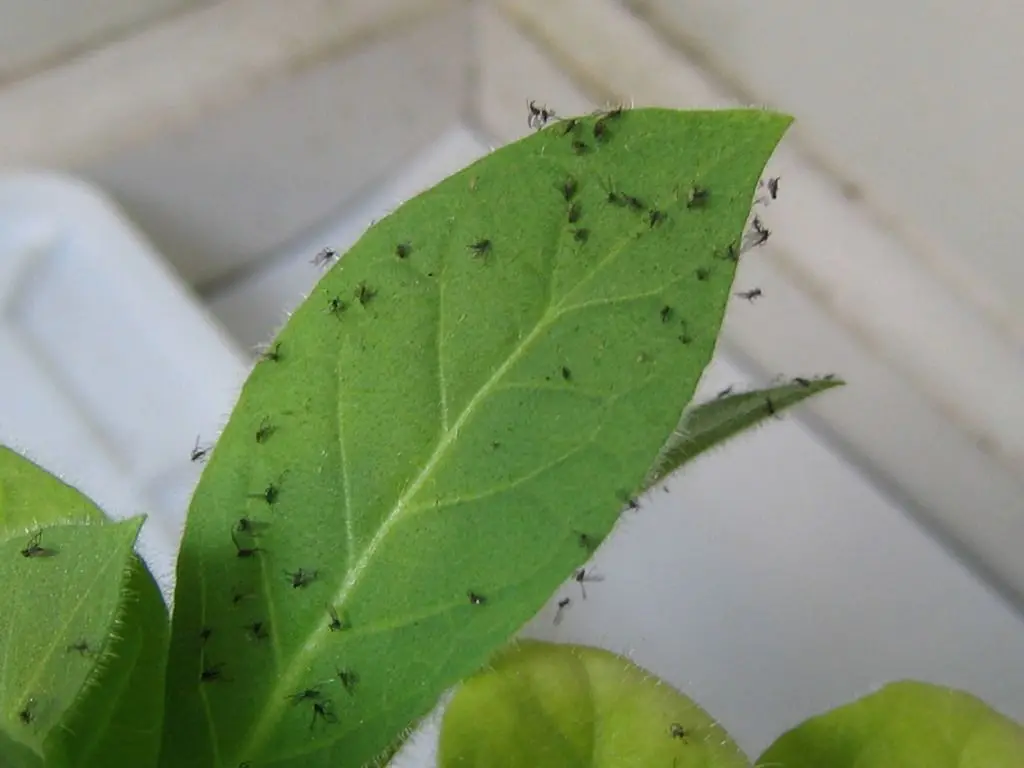Houseplant enthusiasts, rejoice! As you embark on the journey of nurturing your indoor green companions, the battle against houseplant bugs becomes a crucial aspect of ensuring their well-being. In this comprehensive guide, we’ll equip you with the knowledge and strategies needed to surpass common challenges, making your indoor gardening experience not only enjoyable but pest-free.

Identifying and Preventing Houseplant Pests
Vigilance Is Key: Inspecting New Plants
Before welcoming a new plant into your indoor haven, conduct a meticulous inspection. Houseplant bugs often sneak in from nurseries, and a careful examination can nip potential infestations in the bud. Scrutinize every inch, from leaf undersides to soil, for signs of common pests.
Solitary Confinement: A Prudent Approach
Isolation is the key to safeguarding your existing plants from potential invaders. Place new acquisitions in a separate room for a few weeks, monitoring them closely for any signs of pests. Utilize yellow sticky cards above the plant to trap unsuspecting insects and assess the severity of the situation.
Detox Before Indoors: Preparing Summer Sojourners
For houseplants returning from outdoor escapades, a pre-indoor detox is essential. A vigorous water spray, targeting both leaves and stems, can dislodge hitchhiking bugs. This proactive measure significantly reduces the risk of introducing pests to your indoor ecosystem.
The Power of Observation
Regular plant check-ups are your frontline defense. A weekly inspection allows you to identify and control potential bug populations before they escalate. Look out for honeydew, a telltale sign of various pests, and act promptly. Read more about Houseplant pests.
Check out how to grow and care for bridal veil plant
Common Culprits: Houseplant Bugs Unveiled
Fungus Gnats: Small Nuisances, Manageable Solutions
Small black flies are bad, but they come when you water too much. Water less or use good worms to make them go away.
Aphids: These are small, soft bugs with many colors. They take juice from the plant and make leaves yellow, bend, or fall. They also make sticky stuff that brings ants and fungus.

Mealybugs: These are white, fuzzy bugs like cotton. They also take juice from the plant and make plant grow slow, leaves twist, or leaves fall. They also make sticky stuff and can make plant sick.

Spider mites: Spider mites are bad bugs. They are very small and have many colors. They eat leaves and make spots, webs, and bad colors. They can make many more bugs and make the plant very sick.

Fungus gnats: These are small, black, flying bugs that live in the dirt and eat roots or dead things. They can make roots rot, plant wilt, or plant grow slow. They like wet or bad dirt.

Scale insects: Bad bugs are scale insects. They are hard and round on the plant. They have many colors. They eat plant juice and hurt leaves. They make sticky stuff and plant sick.

Holistic Prevention: Your Shield Against Houseplant Pests
Do what this book says, and you can stop the bad bugs for your plants. By learning and doing things, you can make your plants grow well and not have bugs.
Illustration: Consider incorporating a diagram using mermaid syntax to visually represent the preventative steps and control measures described above.
Check out Shasta Daisy Care: Tips for Planting and Growing
Conclusion
Arming yourself with knowledge is the key to cultivating healthy, pest-free houseplants. Choose your plants wisely, explore the best options for small spaces, and dive into the world of houseplant fertilizers to ensure your green companions flourish. Share your experiences in the comments below, and let’s build a community dedicated to nurturing thriving indoor ecosystems.
Pingback: Mulch Calculator: How to Figure Out How Much Mulch You Need - Gardener's School
Pingback: How to Grow and Care for Ficus Shivereana -
Pingback: Dealing with Tomato Hornworms: A Guide for Gardeners
Pingback: Benefits of Companion Planting: A Guide for Gardeners
Pingback: Natural Pest Control : Using Vinegar, Baking Soda and More in Your Garden